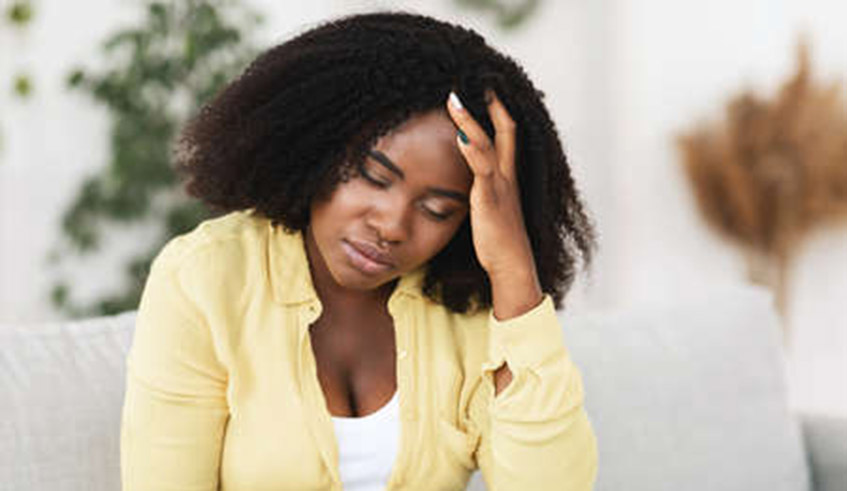

Body shaming is the action or practice of humiliating someone by making mocking or critical comments about their body shape or size—a snide comment often to the amusement of others.
But it is surely not pleasant to the target of the ridicule. In Erika Vargas’ article, ‘Body Shaming: What Is It & Why Do We Do It?’, she says, "Body-shaming (criticising yourself or others because of some aspect of physical appearance) can lead to a vicious cycle of judgment and criticism.
Messages from the media and from each other often imply that we should want to change, that we should care about looking slimmer, smaller, and tanner. And if we don’t, we worry that we are at risk of being the target of someone else’s body-shaming comments.”
People have different levels of body shaming and it is not limited to a specific gender or age. However, females are popular victims. "It is due to the standards set by different societies across the world of what is beauty and what is not,” someone suggested.
Looking at social media, when used right, people learn more, get information easily and connect with other people all over the world. However, it has also offered a platform for bullying and shaming.
A while back, an artiste called Ariel Wayz posted a video with another singer, Juno Kizigenza. In the video, part of Ariel’s breasts can be seen, which triggered all kinds of reactions, mostly harsh.
"A young girl showing her breasts in public goes against Rwandan culture,” says a young man who asked to remain anonymous.
"People attack us and shame us, reinforcing our insecurities and hurting our feelings in the name of culture, it really is not fair,” Gisele Zaninka argues.
Isabelle Ujeneza, responding to a mean tweet, said, "Let’s say the problem was the fact that she showed her breasts publicly, why did people start shaming her saying her breasts were saggy?”
Psychologists agree that victims of body shaming are likely to have a reduction in self-esteem, among other issues like eating disorders, anxiety, body dysmorphia and depression.
"How do we challenge this? In situations like those listed above, expressing true feelings rather than physical criticisms can be a great first step,” Vergas writes.
"’We are our own worst critic’” is often a phrase we use to describe when we, as individuals, are too hard on ourselves. For most people, it is a natural tendency to always be better, faster and stronger however this craze for becoming better can result in severe mental health consequences, especially when it comes time to our physical appearances. The media has commonly portrayed overweight characters as the running joke of the show, resulting in "fat jokes” and a severe manifestation of self-doubt known as body shaming,” ANAD (a non-profit in the U.S. that provides free, peer support services to anyone struggling with an eating disorder, regardless of age, race, gender identity, sexual orientation, or background, website says about body shaming.
How to overcome body shaming
Like it is with any other form of bullying, body shaming will always be present unless you stick up for yourself in a positive and healthy way. It is important to practice self-love and try to not let negative comments bother you. Furthermore if you witness body shaming on social media you can report it and flag it for inappropriate content, ANAD suggests.


